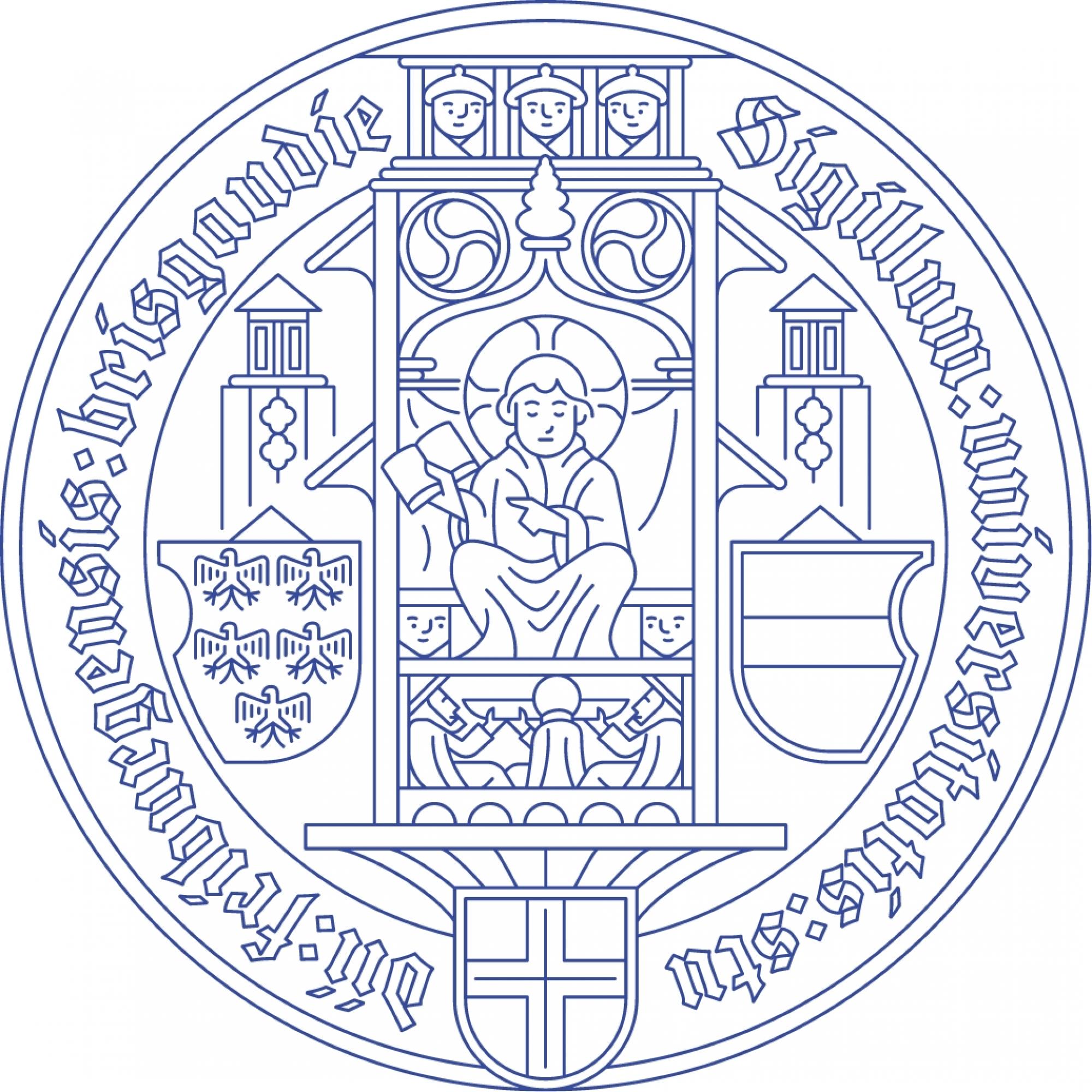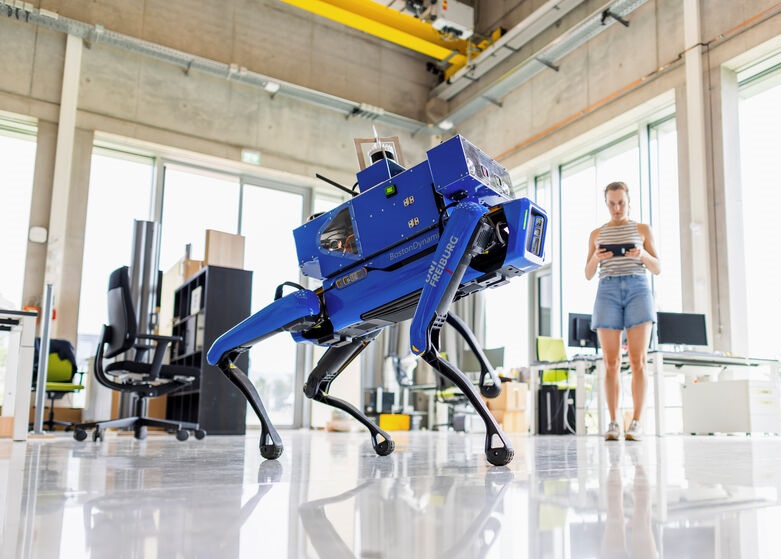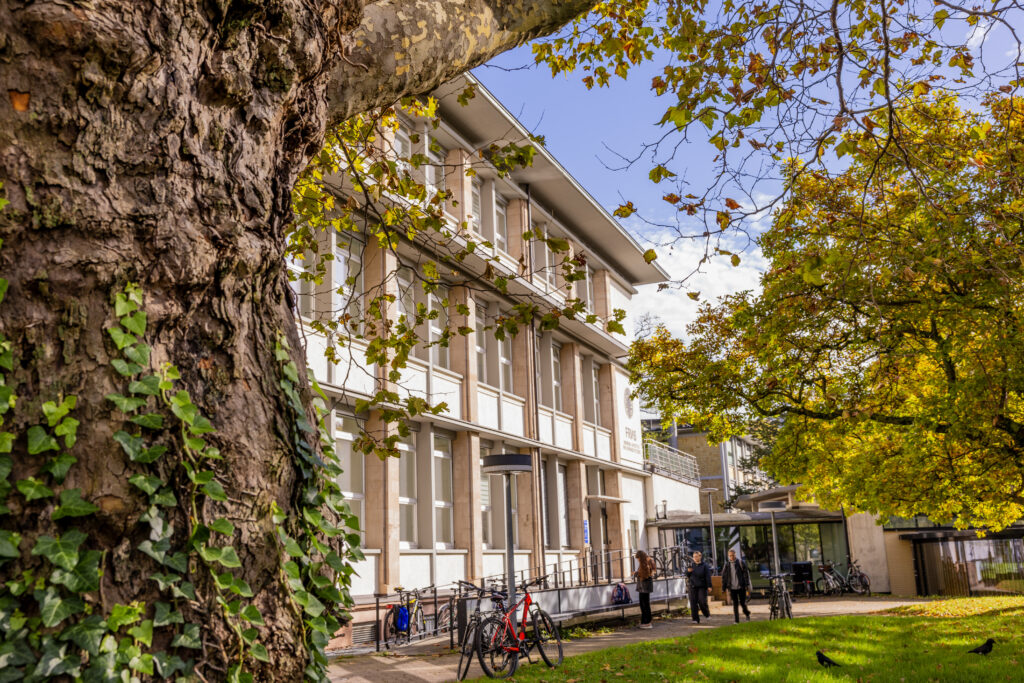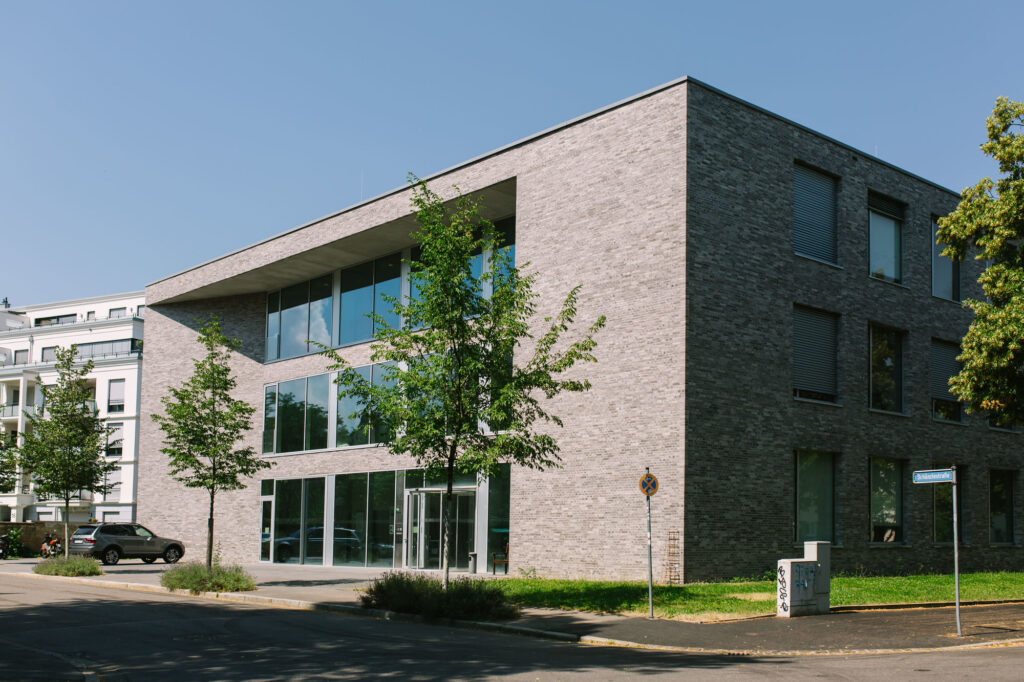Regional and international partnerships with other universities and non-university research institutes as well as companies and foundations strengthen research at the University of Freiburg. On this page, we present a few selected partnerships.
Affiliated Institutes
Affiliated institutes are independent institutions that are closely connected to the University at the organizational level. Institutes focused on research make an important contribution as a connecting link between the University and non-university institutions, for example in the area of collaborative research.
The Arnold Bergstraesser Institute (ABI) is one of Germany’s major research centres in the fields of comparative areas studies and transregional studies. The institute was founded in 1960 and goes back to Arnold Bergstraesser, at that time a University of Freiburg professor of political science and sociology.
The Walter Eucken Institute is a nationally renowned centre of excellence for basic research on constitutional economics and ordoliberal thinking. As an independent institution, the institute conducts economic and social scientific research in the tradition of the Freiburg School of Ordoliberal Economics.






